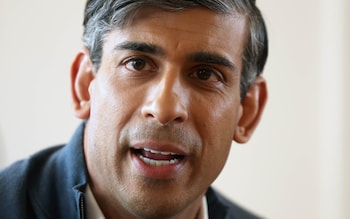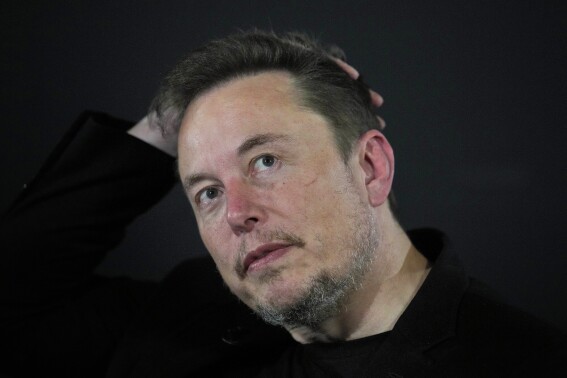Record immigration has failed to make Britons richer and is masking a crisis in productivity, a leading think-tank has warned.
The Resolution Foundation said the fastest population growth in a century had propped up the British economy since 2010, with three quarters of the six million increase accounted for by inward migration.
However, it added that Britain’s “middling growth record” since the Tories took power had done little to boost GDP per person – which economists believe is a better proxy for living standards because it accounts for population growth.
Resolution Foundation analysis showed GDP per capita has grown by 4.3pc over the past 16 years in total, just a fraction of the 46pc increase seen in the previous 16 years.
The end of a decade-long jobs boom had also exposed the UK’s “exceptionally bad” productivity record since the 2008 financial crisis according to the Resolution Foundation, which is typically regarded as Left-leaning and whose former chief executive Torsten Bell is running to be a Labour MP.
It said average annual productivity growth of 0.4pc over the past 16 years represented the slowest increase in almost 200 years, leaving the average wage more than £14,000 below its pre-crisis trend.
Separate analysis by the Institute for Fiscal Studies (IFS) found that surging debt interest and a ballooning benefits bill meant Rishi Sunak had presided over the biggest increase in the size of the state of any post-war Conservative government.
The IFS said the size of the state was likely to remain bigger than before the pandemic, as an ageing population and geopolitical tensions pile pressure on the public purse.
Rishi Sunak, the Prime Minister, has already committed to increasing defence spending as a share of national income from 2pc to 2.5pc, a policy Labour has said it shares as an “aspiration”.
The IFS said public spending is now forecast to be £80bn higher in today’s money by the end of the decade than pre-pandemic levels, which it said was based on “unrealistic” spending plans.
The think tank said: “Health spending is likely to continue to rise and, after decades of cuts, so is defence spending. Without a cut in the scope of what the state does, given demographic and geopolitical pressures, an overall increase in the size of the state will be hard to avoid.”
It added that overall growth in the 2010s was “largely driven by an employment boom”, with the rate peaking at 76.1pc before the pandemic. The think-tank said this had now “turned to bust”, with a shrinking workforce and rising inactivity owing to long-term sickness exposing the UK’s poor record on productivity, which keeps prices in check and drives higher pay.
The think tank described overall UK growth since the Tories took power in 2010 as “solid, if unspectacular, when compared to other rich countries”, with average output of around 1.5pc per year between the end of 2009 and the end of 2023. This is stronger than Germany and France but behind the US and Canada.
It also highlighted that Germany has not grown at all this decade, with the country’s weak performance likely to continue as it weans itself off cheap Russian energy.
While the International Monetary Fund has said UK growth is likely to outpace its European peers in the medium term, the Resolution Foundation noted that Britain’s jobs miracle was unlikely to continue.
It said: “The next parliament may have to do without the demographic trends that flattered GDP in the 2010s.
“Although the UK population is projected to grow by 1.8 million people over the next parliament, the number of hours worked isn’t expected to rise as quickly, as population growth is offset by a higher share of employment made up by groups who work shorter hours on average (such as women and young people), and an older workforce who are less likely to be employed in the first place.”
Greg Thwaites, research director at the Resolution Foundation, said: “The economy is at the centre of the election campaign, and the UK’s economic record is bang average when it comes to GDP growth. But beneath this ‘middle-of-the-pack’ position lies some major strengths and weaknesses that hold the key to the UK’s future economic performance.
“Britain’s middling growth record has been propped up by a booming population. The extra six million people in Britain have certainly made the economy bigger, but has done little for GDP per capita. In fact, the UK’s record on productivity – which is what really matters for living standards – is exceptionally bad.
“There is widespread consensus on the need to turnaround the UK’s productivity record, which is far easier to talk about than deliver. But if the next government is looking for encouragement, it should seek to build on Britain’s already booming services exports, which could really go gangbusters over the coming decade.”
Disclaimer: The copyright of this article belongs to the original author. Reposting this article is solely for the purpose of information dissemination and does not constitute any investment advice. If there is any infringement, please contact us immediately. We will make corrections or deletions as necessary. Thank you.



